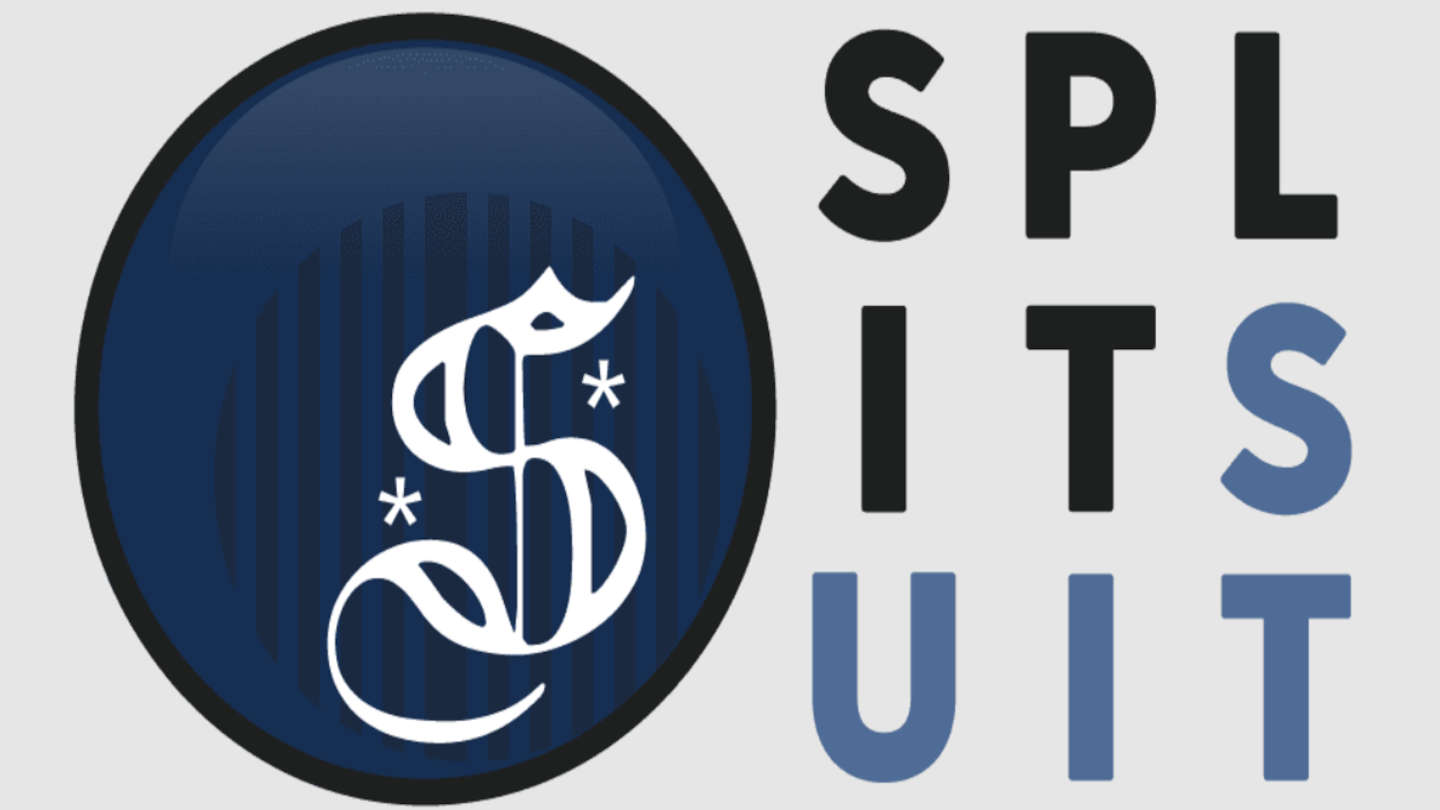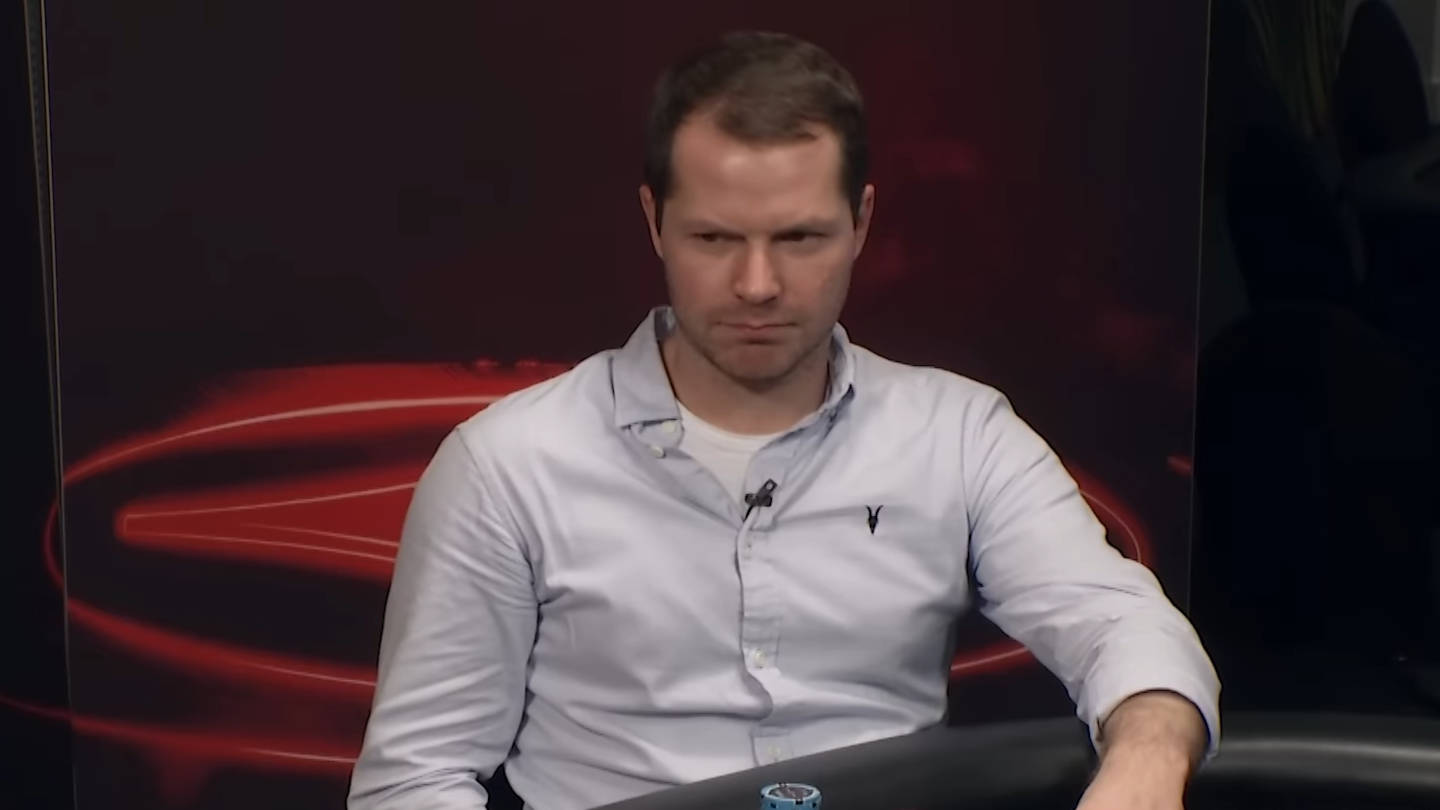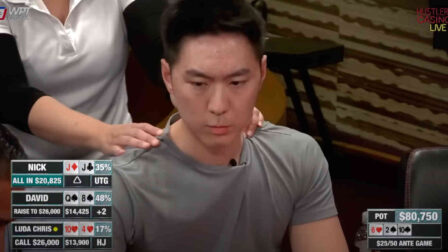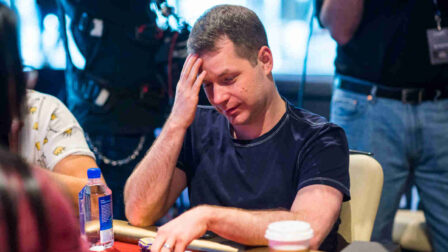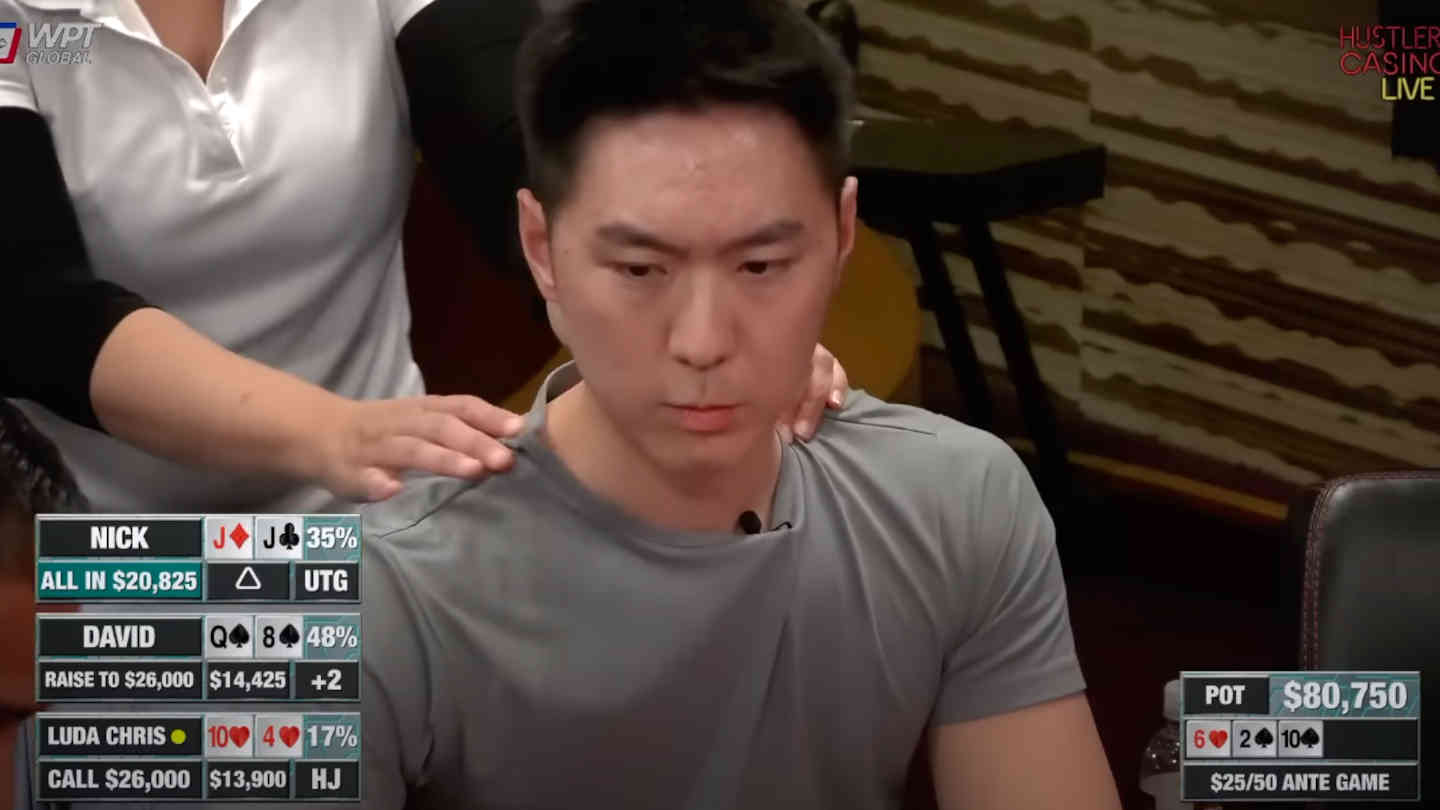Taking Notes on Your Poker Opponents the Right Way – Top Tips from Upswing

2 minutes
Last Updated: December 1, 2023
If you want to become the best poker player at the table, make sure to learn from the best and check upswingpoker.com
…
Being a winning player in today’s tough online poker environment is quite a challenge. As you move up the stakes, it becomes harder to find an edge as the quality of play improves across the board.
Those serious about making it in online poker thus come up with different ways to get ahead. One good practice that many successful players have is taking notes on their opponents.
Making notes as you go can be a great help, especially if you constantly play in the same pool of players. However, with limited time to do so between and during the hands, it’s important to learn to do it right.
In this article, we’ll share some useful tips and tricks on how to take notes on your poker opponents the right way and for the best results.
Dos & Don’ts of Note Taking
The first thing you need to figure out is what things you’ll want to focus on when taking notes and what you can and should disregard.
Let’s start with the list of things you should definitely try and take a note of:
- Every time a player makes a really non-standard and strange play – for example, they call a big preflop raise and end up showing down a very weak starting hand, or they decide to check back a very strong hand on the river.
- They proceed to bluff away in a spot where they don’t have any equity and no perceived range advantage.
These types of plays can give you a lot of information about the type of opponent you’re up against, and you can use it later against them.
For example, someone prone to bluffing in no equity spots is probably overly aggressive and someone you can call down with a wider range of holding.
A player that checks back a very strong hand is likely quite passive, and you should be careful when they come out betting.
On the flip side, there are some things you want to avoid when taking notes.
For example, jolting down “idiot” or “donkey” is not the type of note that will help you later down the road. The note doesn’t convey any specific info about their playing style or tendencies and can even lead you astray later down the line.
Use Abbreviations to Save Time
As mentioned, you only have limited time to take notes on your opponents, especially if you’re playing multiple tables. Thus, you want to make things simple and not hurt your focus.
There are two types of abbreviations you’ll want to use: positional and action.
Positional abbreviations, such as BTN or BU for the button or SB for the small blind, will tell you the player’s position in the hand, and you should always start your note with this information.

Action abbreviations describe the action; for example, if someone cold-called before the flop, you can mark it as CC. If they check-call the flop, you can use the abbreviation x/c.
This will help save you time and make your notes much quicker to read once you find yourself in a hand against the same opponent, as you won’t have to go through the wall of text.
…
If you’d like to learn more about this topic and pick up some more useful tips for your games, definitely check out the Upswing Poker Lab.







